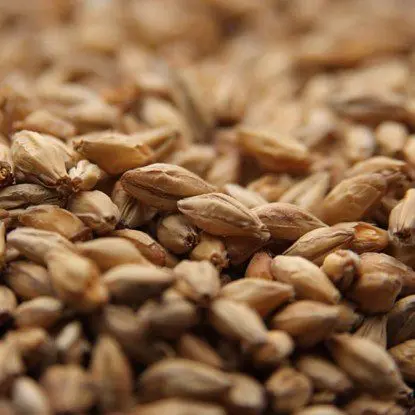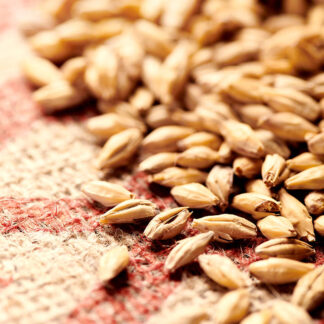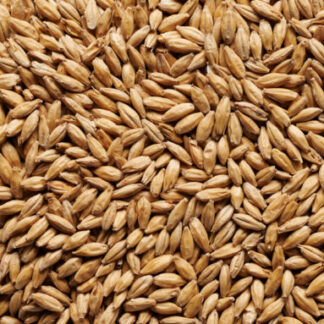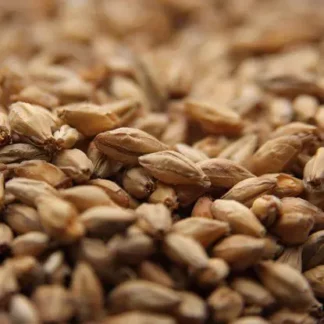Description
The term “chitting” in malt represents the first stage of germination, where the barley has taken up enough moisture from steeping to start the magic process of converting starch into soluble sugars.
Chit malt has a particularly high level of inherent starter enzymes, which contribute significantly to improving the conversion of starch, thus increasing the yield. Precisely how Chit Malt can improve a beer’s mouthfeel and head retention results from when we kiln the malt; during the early stages of starch modification. Kilning at this point leaves long protein chains in the malt from the enzymes produced at chitting. These remain in the beer at higher levels, after fermentation.
Beers produced with Chit Malts retain higher protein content and these proteins contribute to increased levels of foam-positive proteins and improved head retention. They can also impart added mouthfeel, particularly in drier beer styles like Sours and Saisons.
Chit Malt is a great alternative to using raw adjuncts. The flavour impact in a beer is minimum if used at rates between 1-4%, with subtle green, grassy, raw grain flavours developing when used in higher percentages.
Rate: Up to 5%
Chit Barley Malt: A great malt to achieve superior foam stability. In our opinion a must malt to use in Sour beers, Saisons, Hazy beers and Low alcohol beers.
The higher enzymatic activity in Chit Malt can also increase mash efficiency and starch conversion rates when paired with these cheaper, unmodified cereal grains.
Chit malts are under-modified malts with high molecular weight protein contents, that can improve starch conversion rates as well as mouthfeel, body and foam stand in your next beer.
| EBC Test Method | Specification | |
|---|---|---|
| Chit Malt Range | Chit Barley Malt | Chit Wheat Malt |
| Moisture (max) % | 10 | 10 |
| pH | 5.75 | 6.1-6.2 |
| Colour (EBC) | 2-6 | 2-6 |





